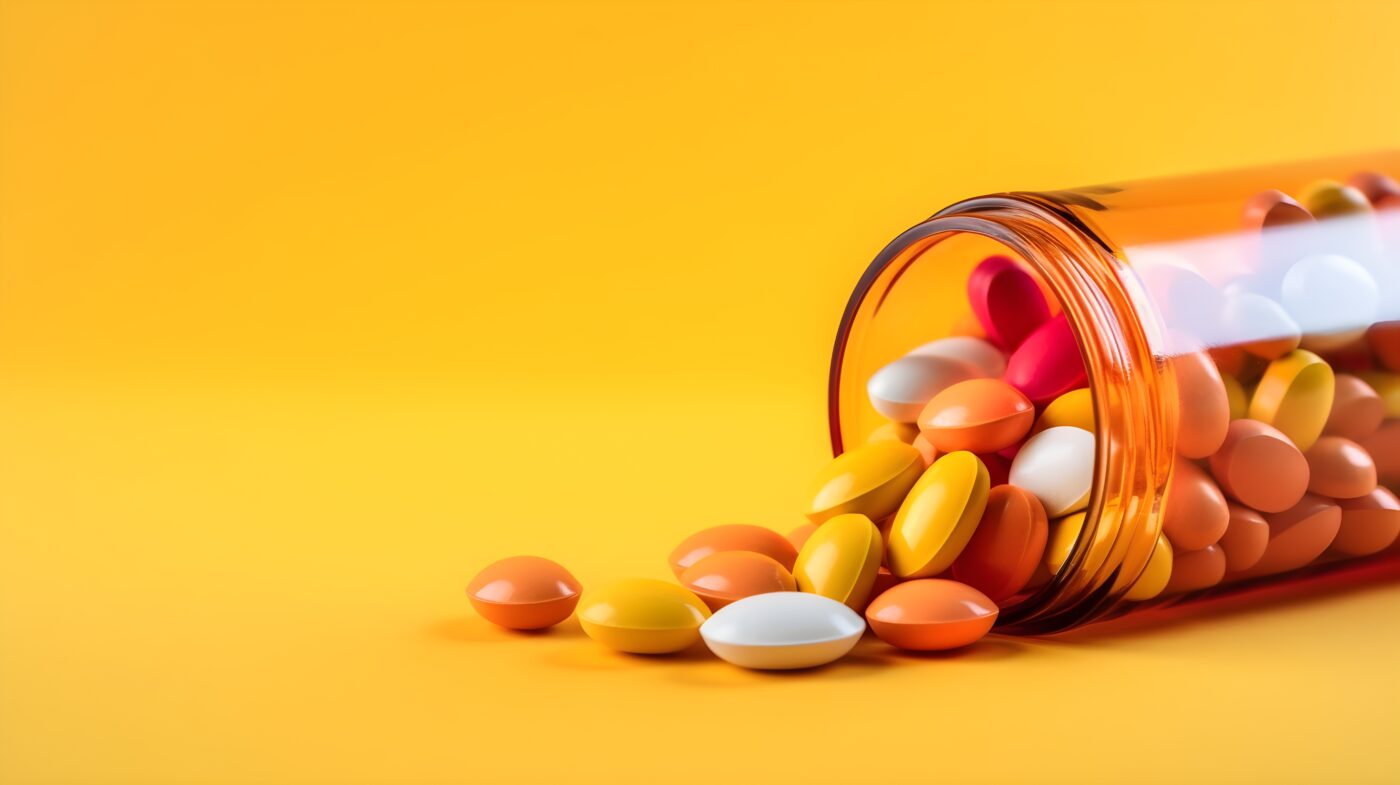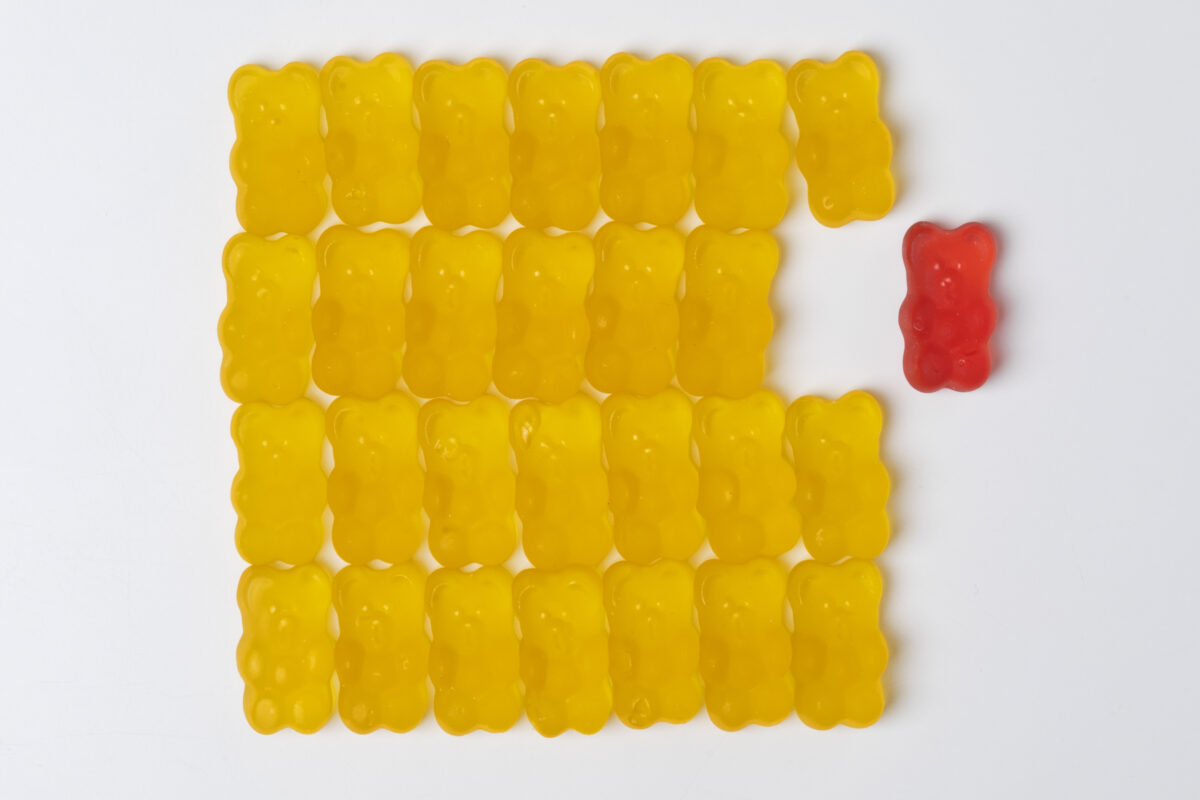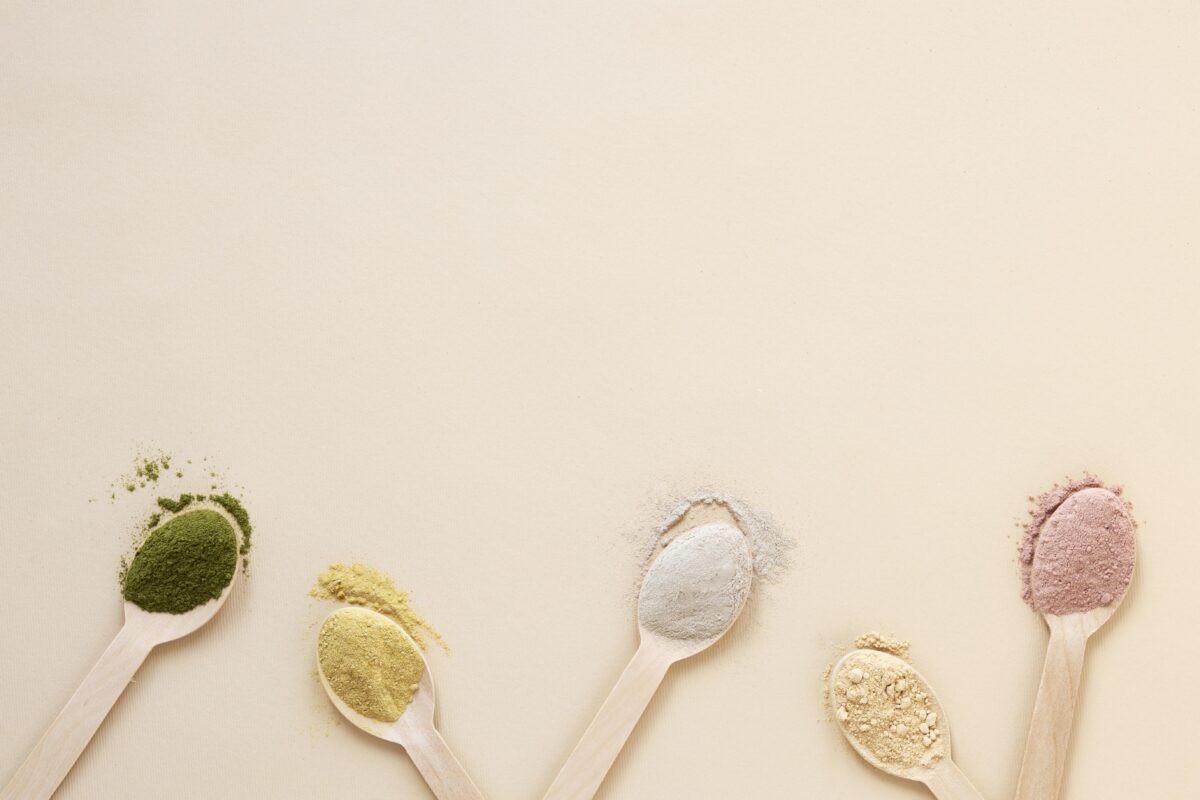Table of Contents
Walk into any supplement store today, and you’ll notice one thing immediately: multivitamins are no longer just in tablets. Gummies that look like candy, flavoured powders that dissolve into smoothies, and even effervescent mixes have taken the spotlight.
With so many choices, people often wonder: tablet vs gummy vs powder multivitamin , which format is truly the best?
This blog explores each format in depth, looking at bioavailability, absorption, sugar content, convenience, dosage accuracy, and price comparisons. We’ll also review top-selling multivitamins available on Nutrabay, like MuscleBlaze, Himalayan Organics, etc.
By the end, you’ll know which multivitamin format fits your lifestyle, whether you’re an athlete, a busy professional, a senior, or even a parent shopping for kids.
Why Format Matters in Multivitamins?

Multivitamins are designed to fill the nutritional gaps in your diet, no matter how balanced your diet could be, everything depends on how well you absorb the nutrients, which is where multivitamins come into picture. However, before choosing the supplements, the format you choose will directly impact how well your body absorbs them.
- Tablets are compact, widely available, and often the most affordable option, but they sometimes face slower breakdown in the stomach.
- Gummies are easy to chew, taste good, and appeal to kids and picky eaters who cannot swallow a tablet. However, they may contain sugar or artificial flavours.
- Powders offer high absorption and customizable dosing, but require mixing and are less travel-friendly.
According to studies on supplement bioavailability, formulation technology, digestive factors, and solubility play key roles in nutrient absorption. Hence, choosing the right form isn’t just about preference, it’s about effectiveness.
Tablets: The Traditional Format

Pros
- High Dosage Accuracy: Tablets ensure precise vitamin and mineral content per serving.
- Cost-Effective: They are typically cheaper than gummies or powders.
- Long Shelf Life: These are easy to store and are stable for months.
- Wide Variety: Most research-backed multivitamins are available in the tablet form only.
Cons
- Absorption Rate: Tablets may take longer to break down thus delaying absorption.
- Swallowing Issues: Not suitable for children, seniors, or those with difficulty in swallowing.
- Fewer Flavor Options: Unlike gummies or powders, tablets have no taste appeal and might appear sour or bad taste to many of us.
Who Benefits Most from Tablets?
- Adults and seniors who want cost-effective supplementation.
- Travelers who need portable formats.
- People who value accuracy over taste.
Bestselling Tablet Multivitamins
- Nutrabay Multivitamin for Men/Women: Covers 25+ essential vitamins and minerals, specially designed for Indian dietary gaps.
- MuscleBlaze MB-Vite Multivitamins: Along with vitamins & minerals, this contains 5 different blend of pre & probiotics, amino acids, antioxidants, enzymes and metabolism booster blend.
- Himalayan Organics Multivitamin with Probiotics: Combines vitamins with digestive support.
Gummies: Tasty and Convenient

Pros
- Palatable: They are easy to consume for kids, senior citizens, and picky eaters.
- Convenience: Requires no water to gulp as this is a chewable format.
- Engagement: Looks and feels like a treat, making compliance to the same easier.
Cons
- Sugar Content: Many gummies include added sugar (sometimes 2–4 g per serving).
Typical multivitamin tablets have 0 g sugar while multivitamin gummy has 2–3 g sugar per serving. Over a month, that’s ~60–90 g of sugar. - Limited Nutrient Density: Hard to pack high doses into small gummies.
- Costlier: Typically more expensive than tablets.
Who Benefits Most from Gummies?
- Children who dislike tablets and its taste.
- Seniors with swallowing difficulties.
- Adults with compliance issues who forget to take tablets.
Bestselling Gummy Multivitamins
- Dr Morepen Multivitamin Gummies: With 10 vitamins and minerals, this gummy is vegetarian-friendly, low in sugar and free from gluten, soy and milk.
Powders: The Customizable Choice

Pros
- Faster Absorption: Powders dissolve in water easily, allowing quicker uptake.
- Customizable Dosing: Dosage is easy to adjust as per the serving size.
- Flavoured Options: Mix into smoothies, shakes, or just water as per your requirement.
- High Bioavailability: Often absorbed more efficiently than tablets.
Cons
- Preparation Needed: Requires water or mixing.
- Portability: Less convenient for travel.
- Taste Sensitivity: Some powders may have a strong or chalky taste.
Who Benefits Most from Powders?
- Athletes who already use shakes or intra-workout drinks.
- Seniors with digestive issues who need easier absorption.
- Anyone wanting higher doses of certain nutrients.
Clinical and Expert Comparisons
1) Absorption & Bioavailability
- Powders > Gummies > Tablets (average absorption speed).
- However, well-formulated tablets with advanced technology (like film coating or microencapsulation) can match gummies/powders.
2) Dosage Accuracy
- Tablets > Powders > Gummies.
- Gummies often under-deliver due to manufacturing limitations.
3) Sugar Content
- Tablets (0 g) > Powders (minimal) > Gummies (highest).
4) Cost & Affordability
Tablets are the most affordable form, while powders are mid range, and gummies are the most expensive.
Detailed Comparison Table
| Feature | Tablets | Gummies | Powders |
| Absorption Rate | Moderate (slower digestion) | Faster | Fastest |
| Dosage Accuracy | High | Moderate | High (customizable) |
| Sugar Content | None | 2–4 g per serving | Minimal |
| Taste | Neutral | Excellent | Variable |
| Convenience | Travel friendly | Easy, no water | Requires mixing |
| Cost | Lowest | Highest | Mid range |
| Best For | Adults, travelers | Kids, picky eaters | Athletes, seniors |
Special Considerations
For Kids: Gummies or powders work better than tablets because of picky eating behaviour.
For Seniors: Powders or chewables aid easier digestion and swallowing.
For Athletes: Powders integrate well with protein shakes and recovery drinks.
For Vegans: Ensure the format is free from gelatin (gummies) or animal-based binders (some tablets).
Nutrabay Product Recommendations
If you’re shopping for multivitamins, here’s a quick guide from Nutrabay bestsellers:
- Best Tablet Option: Nutrabay Multivitamin for Men/Women: High coverage, affordable, accurate dosage.
- Best Gummy Option: Dr Morepen Multivitamin Gummies: Vegetarian-friendly, low sugar.
Price Comparison Snapshot
| Format | Avg. Price (Monthly Supply) | Example Product |
| Tablet | ₹350–₹600 | Nutrabay Multivitamin Tablets for Men |
| Gummy | ₹700–₹1200 | Dr Morepen Multivitamin Gummies |
Conclusion
There is no one size fits-all answer to “which multivitamin format is best?” It depends on your lifestyle, health needs, and budget.
- Choose tablets if you want accuracy, affordability, and convenience.
- Choose gummies if taste and ease of compliance matter most to you.
- Choose powders if you prefer faster absorption, flexibility, and nutrient-dense blends.
At the end of the day, the most effective multivitamin format is the one you’ll take consistently.
If you want to know more about multivitamins and want to make the right choice while choosing the best multivitamin, go and read this blog.
Frequently Asked Questions (FAQs)
Which multivitamin format is most effective for absorption?
Powders are typically absorbed the fastest, followed by gummies and then tablets.
Do gummies cause weight gain due to sugar?
If consumed regularly, gummies may add extra sugar calories. Tablets and powders are safer for calorie-conscious individuals.
Which format is best for kids?
Gummies or powders are more suitable, as they are easier to consume.
Are powder multivitamins safe for daily use?
Yes, as long as they’re from trusted brands like Nutrabay and taken within recommended dosage.
Which format is most affordable?
Tablets are the cheapest, while powders and gummies cost more due to added flavors or advanced formulations.

